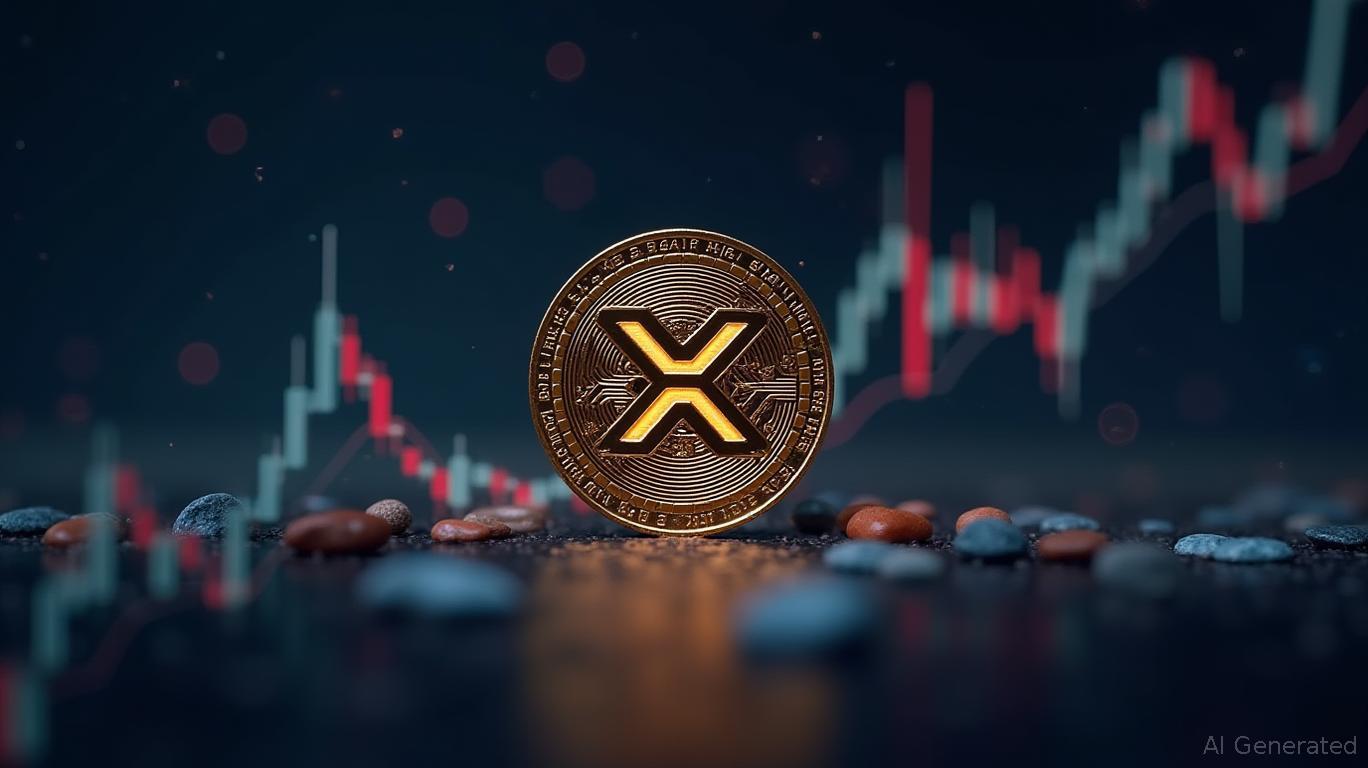
The Rise and Fall of a Real Estate Icon
In recent months, the real estate industry has been shaken by a startling scandal involving a prominent influencer whose name has been synonymous with luxury property sales and investment tips. Known for their charismatic online presence and persuasive sales tactics, this real estate influencer amassed a significant following, positioning themselves as a leading authority in property investment. However, beneath the glossy veneer of success and popularity, serious allegations have emerged, leading to the jury indictment on charges of orchestrating a multi-million-dollar scam.
This incident not only raises questions about the integrity within the real estate sector but also highlights the risks associated with influencer-led investment schemes. As the legal proceedings unfold, industry experts and potential investors alike are scrutinizing the details, trying to understand the depth and scale of this alleged fraud.
The Details of the Alleged Scam
The indictment reveals that the accused allegedly engaged in a sophisticated scheme to defraud investors and clients by manipulating property transactions, delivering false promises, and executing fraudulent transfer of funds. According to court documents and investigative reports:
- Deceptive Marketing Practices: The influencer purportedly advertised properties and investment opportunities that turned out to be non-existent or vastly misrepresented the actual value and condition of the assets.
- Fake Partnerships and Legitimacy: There are allegations that they created fake partnerships with financial institutions and legal entities to lend an aura of legitimacy to their operations.
- Large sums collected from unsuspecting investors were allegedly diverted for personal use and to finance their lifestyle rather than being invested in real estate projects.
- Breaching Fiduciary Duty: The accused allegedly failed to provide investors with transparency, regular updates, or proper accountability regarding their investments.
The sum involved is estimated to be in the millions, with victims ranging from small-scale investors to larger groups enticed by the influencer’s promotional campaigns.
How Did Such a Scheme Flourish?
The Role of Influence and Authority
This case underscores how social media can be weaponized to establish false credibility. The influencer’s large following and authoritative voice lent an illusion of trustworthiness, allowing them to manipulate perceptions and persuade investors to commit significant funds without due diligence. Many followers believed they were gaining access to exclusive opportunities because of the influencer’s perceived expertise.
The Use of Sophisticated Tactics
The accused employed various deceptions, such as:
- Creating Fake Listings: Listing properties that were either already sold or did not exist.
- Fake Credentials and Endorsements: Falsifying testimonials or endorsements to boost credibility.
- Misleading Financial Information: Presenting false projections and inflated property values to entice investments.
The Legal Proceedings and Implications
The indictment marks a significant step in the investigation process, with authorities now working to gather further evidence and reconstruct the timeline of the scam. The accused faces multiple charges, including wire fraud, conspiracy, and breach of fiduciary duty. If convicted, they could face substantial fines and imprisonment.
This legal development sends a strong message that financial crimes, even those perpetuated through modern digital channels, will face serious repercussions. It also serves as a warning to potential investors about the importance of due diligence, especially when dealing with influential figures in high-stakes environments like real estate.
Impact on the Industry
The scandal has cast a shadow over the reputation of real estate influencers and online marketers. Many industry insiders are emphasizing the need for stricter regulations, transparency, and ethical behavior. It also opens the door for more rigorous vetting processes for individuals claiming to be property investment experts.
Lessons for Investors and Industry Professionals
- Verify Credentials: Always check the legitimacy of the claims made by influencers or agents, including licensing, certifications, and past performance.
- Demand Transparency: Insist on detailed documentation, clear investment strategies, and regular updates.
- Conduct Due Diligence: Conduct independent research and consider consulting financial or legal advisors before committing funds.
- Beware of Red Flags: Excessively high returns with minimal risk, pressured decision-making, and lack of verifiable information should be treated with suspicion.
The Bigger Picture: Ethical and Regulatory Challenges
This incident is symptomatic of a wider challenge in the digital era—where influencers wield immense power and can sometimes distort realities. The case highlights the need for stronger industry regulations to prevent fraudulent schemes and protect consumers. Lawmakers and industry bodies are urged to develop frameworks that enforce accountability and impose penalties on deceptive practices.
The Future of Real Estate Influencing
While the potential of social media to democratize real estate investing remains promising, this scandal underscores the importance of ethical boundaries. Authenticity, transparency, and professionalism must be prioritized to maintain trust and protect investors. The industry should foster environments where credible professionals are distinguished from those operating scams.
Conclusion
The indictment of a well-known real estate influencer for orchestrating a multi-million dollar scam is a sobering reminder of the risks present in the rapidly evolving digital landscape. It emphasizes the necessity for investors to exercise caution, conduct due diligence, and prioritize transparency. As legal proceedings unfold, it is hoped that justice will be served and lessons learned will lead to a safer, more transparent real estate environment.
This case serves as a catalyst for change—prompting tighter regulations, heightened awareness, and better industry standards—so that future dealings are grounded in honesty and integrity rather than deception and fraud.
For more updated news please keep visiting Prime News World.









